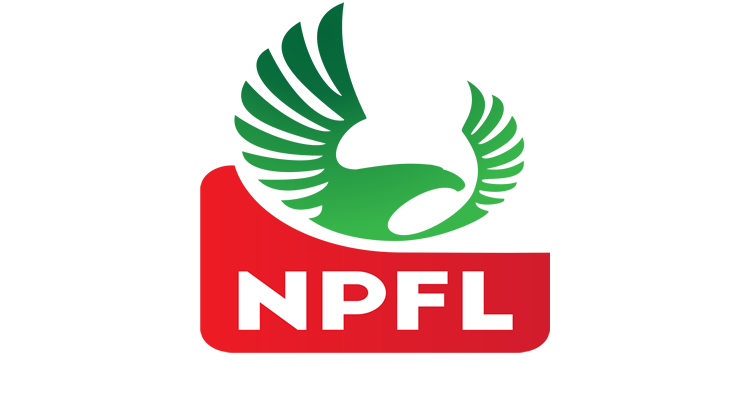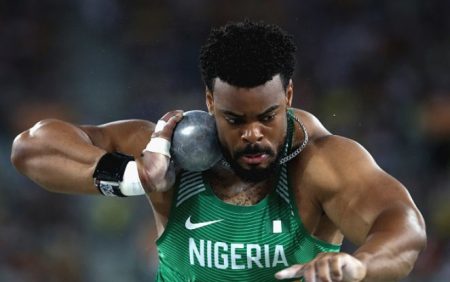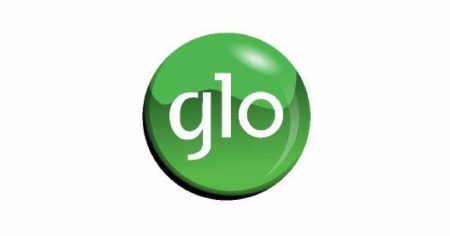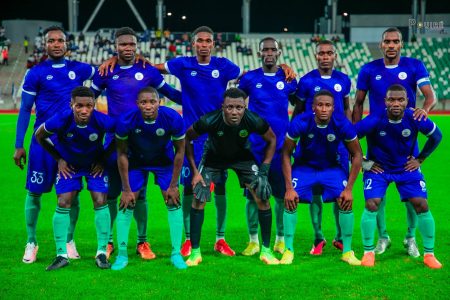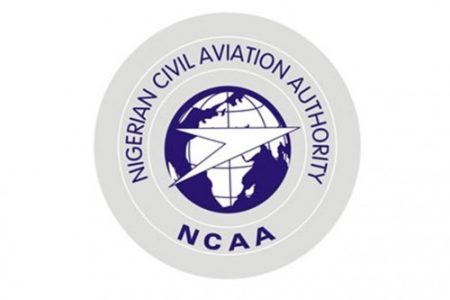The Nigeria Premier Football League (NPFL) is embarking on a significant initiative to elevate the quality and professionalism of the league by mandating stadium infrastructure upgrades for all participating clubs. This directive, issued shortly after the conclusion of the 2024/25 season, underscores the league’s commitment to enhancing the matchday experience for fans and players alike, while also aligning with international standards for football competitions. The focus of these upgrades centers on two key areas: the installation of modern LED floodlights and the provision of reliable backup power generation. These enhancements are not merely cosmetic improvements; they are fundamental requirements for hosting night matches and ensuring the uninterrupted flow of games, regardless of external circumstances. The NPFL’s proactive stance on infrastructure development signifies a crucial step towards establishing a more robust and reputable league.
The mandate for LED floodlights is driven by the need to provide optimal lighting conditions for evening matches, enhancing visibility for players, officials, and spectators. Modern LED technology offers superior illumination compared to traditional lighting systems, resulting in a crisper and more vibrant viewing experience. Furthermore, LED lights are significantly more energy-efficient, contributing to the league’s sustainability efforts. This upgrade not only improves the overall quality of the game but also positions the NPFL as a forward-thinking league embracing modern technology. The requirement for a reliable backup power source further reinforces the league’s commitment to ensuring uninterrupted match proceedings. Power outages can disrupt the flow of a game, impacting the competitive integrity of the match and frustrating fans. By mandating backup generators, the NPFL is mitigating this risk, ensuring that matches can continue seamlessly even in the event of a power failure.
This infrastructure upgrade directive is not merely a suggestion; it’s a mandatory requirement with potential repercussions for non-compliant clubs. The NPFL has explicitly stated that clubs failing to meet these standards risk losing the privilege of hosting matches at their designated home grounds. This firm stance demonstrates the league’s commitment to enforcing these improvements and holding clubs accountable for meeting the required standards. In the past, the NPFL has taken action against clubs with inadequate facilities, demonstrating that this is not an empty threat. This resolute approach underscores the league’s dedication to raising the overall quality and professionalism of the competition.
The timing of this directive, just weeks after the conclusion of the 2024/25 season, allows clubs ample time to implement the necessary upgrades before the commencement of the next season in August. This proactive approach allows clubs to plan and execute these upgrades strategically, ensuring they are fully prepared to meet the league’s requirements. The league has also communicated that pre-season stadium inspections will be conducted to verify compliance, further reinforcing the importance of adhering to these standards. This proactive planning allows for a smoother transition into the new season and avoids potential disruptions caused by last-minute scrambling to meet the requirements.
The NPFL’s focus on infrastructure development is part of a broader strategy to elevate the overall status and competitiveness of the league. By improving the matchday experience and ensuring the smooth operation of games, the NPFL aims to attract more fans, sponsors, and investment. This, in turn, can contribute to the long-term growth and sustainability of the league, ultimately benefiting clubs, players, and the Nigerian football ecosystem as a whole. This strategic vision positions the NPFL for future growth and solidifies its standing as a leading football league in Africa.
As the 2025/26 season approaches, the league anticipates welcoming four new clubs from the Nigeria National League (NNL) to replace the relegated teams. These newcomers, along with the existing 16 clubs, including reigning champions Remo Stars, will be subject to the same infrastructure requirements. This ensures a level playing field for all participating clubs and reinforces the league’s commitment to maintaining uniform standards across the board. This comprehensive approach solidifies the NPFL’s dedication to enhancing the quality of Nigerian football from top to bottom.





